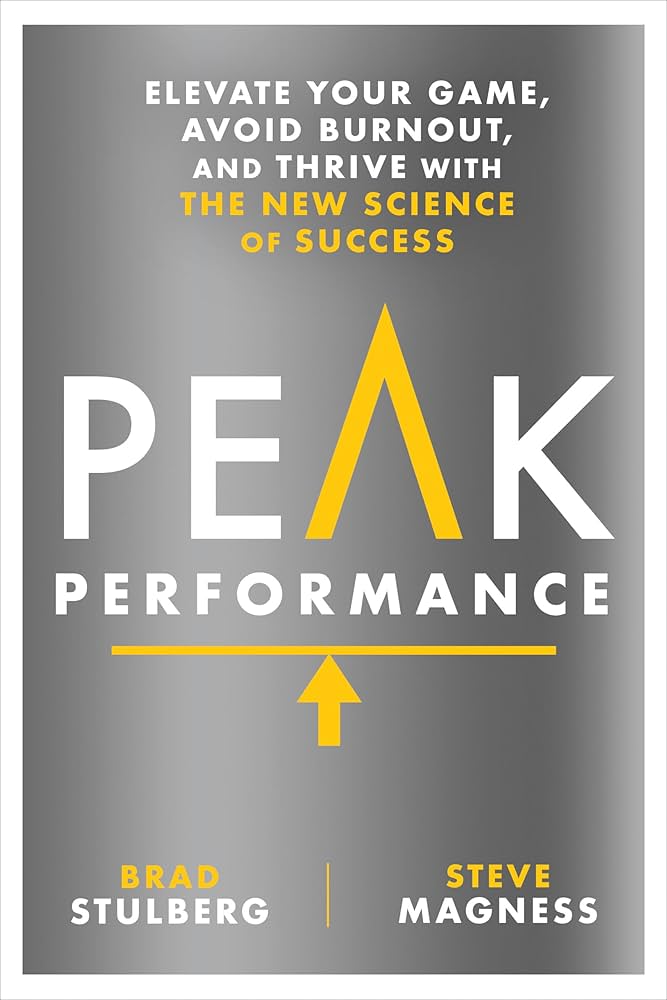This is a book about becoming a 2x or 3x version of yourself sustainably – without artificial means such as performance-enhancing drugs. It takes cues from the field of sports and athletics and distills the learning in a form that can be applied to any field, including knowledge work. The techniques discussed should work whether you want to become a better writer, salesman, and software developer, or improve your game of [insert your favorite sport].
At first, the book came across as an extension of Atomic Habits with concepts such as just manageable challenges and productive stress, reminiscent of the 1% improvement rule popularised by James Clear. But as I went deeper, it steered in an original direction written by a unique combination of performance enthusiasts – one a running coach and the other a former management consultant.
If there’s one thing to take away, it’s the growth equation:
Stress + Rest = Growth
I previously wrote a couple of blog posts inspired by the book:
What I liked
- Most arguments are backed by scientific research.
- The rich use of examples makes things easier to visualize.
- Comfortable language.
What I didn’t like
I cannot think of anything here.
Key learnings
- Mindfulness as Rest: Use mindfulness and meditation to turn off the task-focused mind, allowing the subconscious to work creatively during rest periods.
- Sleep and Napping: Sleep is essential for converting stress into growth, while short naps boost alertness and concentration but should not replace full sleep.
- Strategic Breaks: Not all breaks are equal—walking and nature breaks enhance creativity and reduce stress, while fully disconnecting on weekends leads to better productivity.
- Consistent Routine: Establish a warm-up routine and work in a consistent environment to get “in the zone” and optimize performance.
- Minimalist Approach: Eliminate nonessential decisions to avoid decision fatigue, reserving peak hours for deep work and off-peak hours for creativity.
- Purpose-Driven Motivation: Focusing on a purpose greater than oneself can help overcome fear and push past perceived limits, with grit linked to a strong sense of purpose.
- Evolving Purpose: Purpose should evolve over time, supported by self-talk, expressive writing, and acts of giving back, which help sustain long-term motivation and success.
Conclusion
Peak Performance is the best book I’ve read so far this year. Highly recommended!

2k86wz